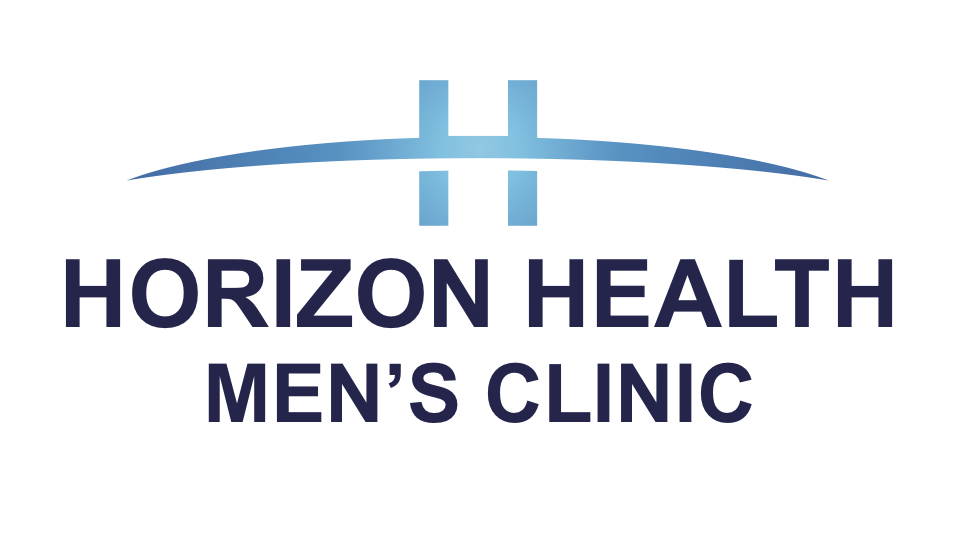In-office, No-needle, No-scalpel Vasectomy
The procedure is quick, effective, and minimally invasive. A scalpel is not used, nor even a needle for anesthetic. Return to work in as little as a day.
No referral required.
Contact the clinic directly to book an appointment for a consultation.
What is a Vasectomy?
Vasectomy is minor surgery to block sperm from reaching the semen that is ejaculated from the penis. During the procedure, each vas deferens (the two tubes that move sperm from each testicle) are separated. This blocks sperm from reaching the semen that is ejaculated from the penis. After a vasectomy, the testicles still make sperm, but the body absorbs them. A vasectomy prevents pregnancy better than any other method of birth control, except abstinence. Only 1 out of 2,000 women will get pregnant after their partners have had a vasectomy.
What is the Procedure?
With a no-scalpel vasectomy, the procedure involves using a small clamp with pointed ends to puncture the skin. Then each vas deferens is lifted out, cut, sealed and then put back in place. Usually, no skin sutures are required.
What are the Risks?
About one to two percent of men may have ongoing pain or discomfort after a vasectomy. The pain is most often treated with anti-inflammatory drugs, like ibuprofen. Exact causes of pain are not known, but in some rare cases, additional medical or surgical treatment may be needed.
Other risks after a vasectomy are very low, but may include
- Bleeding under the skin, which may cause swelling or bruising (consult the doctor if your scrotum swells a lot soon after procedure).
- Infection at the site of the cut, but it is rare for an infection to occur inside the scrotum.
- A small lump caused by sperm leaking from a vas deferens into nearby tissue. This is usually not painful, but if it is, it can be treated with rest and pain medicine. Sometimes, surgery may be needed to remove the lump, which is called a “sperm granuloma.”
- Swelling of the vas deferens.
In very rare cases, the vas deferens may grow back together, which would allow the man to have children again. Studies show men who have had a vasectomy are not at a higher risk for any other medical conditions such as heart disease, prostate cancer, testicular cancer, or other health problems.
